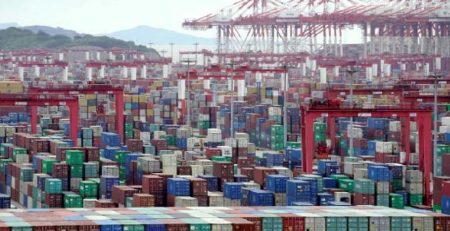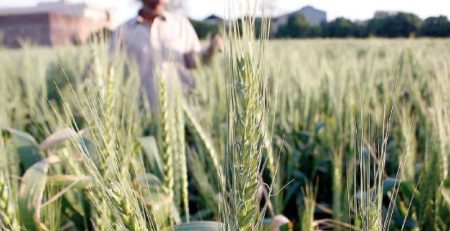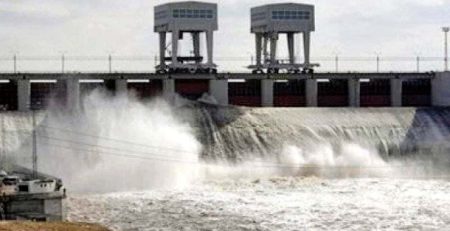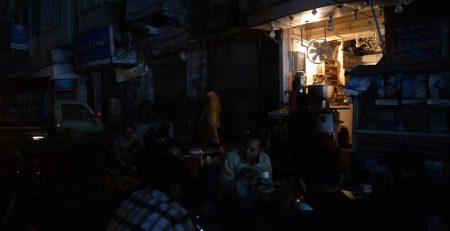Private sector borrowing sustains growth
Besides, car financing geared up as well in the month despite tightening of conditions for acquiring the loan in September 2021 and increase in taxes on import of automobiles and their parts in January 2022.
Ismail Iqbal Securities Head of Research Fahad Rauf anticipated a slowdown in credit to the private sector in the coming months considering the fact that a number of concessionary and subsidised financing schemes came to an end.
The outstanding credit to the private sector surged 21.6% to Rs7.79 trillion in March compared to Rs6.41 trillion in the same month last year. The loans increased 3.4% in the month compared to the prior month of February, according to Pakistan’s central bank and Arif Habib Limited (AHL).
Large sectors like textile manufacturers remained leading borrowers, but some of those sectors – which had remained shy of borrowing money due to sluggish demand for their products – also came forward to borrow more in the month suggesting that economic activities were gaining momentum.
Moreover, seasonal factor also created demand for the credit by the private sector like sugar and petroleum refineries. “Refineries have increased output recently after they managed to reduce stock of their outdated product furnace oil (FO),” Rauf said.
Textile sector increased overall borrowing by over 28% by the end of March to Rs1.45 trillion compared to Rs1.13 trillion in the same month of the last year, according to State Bank of Pakistan’s (SBP) data.
Textile sector remained the favourite sector of the government because it alone earns almost 60% of the total export earnings. To encourage the sector to earn foreign exchange reserves for the country, the government provided subsidised loans under the export finance scheme (EFS) and long term finance facility (ETFF).
Besides, it heavily acquired loans out of total Rs436 billion disbursed through the time-bound subsidised financing scheme called Temporary Economic Refinance Facility (TERF). The central bank had introduced the scheme for one year period in March 2020 to enable industries set up new projects and expand existing production line during the testing times of Covid-19 pandemic. The disbursements continued during ongoing fiscal year as well.
Auto financing increased 28% to Rs363.55 billion in March compared to Rs284.69 billion a year ago in March 2021.
The construction sector increased borrowing to Rs185.4 billion in March compared to Rs138.46 billion in the same month of the last year.
Manufacturers of basic metals (including basic iron and steel) enhanced borrowing to Rs226.79 billion in the month compared to Rs192.25 billion in the same month of the previous year.
Manufacturers of cement, lime and plaster increased borrowing to Rs211 billion compared to Rs180.62 billion.
Food product makers propped up borrowing to Rs1.05 trillion in March compared to Rs893.71 billion in the same month last year.
All other manufacturing sectors borrowed a total of Rs4.34 trillion by the end of March compared to Rs3.45 trillion till the end of March 2021. They included beverages, tobacco, textiles, leather and related products, wood and products of wood and cork, coke and refined petroleum products, chemical and chemical products, pharmaceuticals, computer, electric and electronic products, machinery and equipment, automobile and transport equipment..
Agriculture, forestry and fishing sectors’ outstanding borrowed surged to Rs314.64 billion compared to Rs281.82 billion.
Rauf said that notable growth in the credit to the private sector was seen mainly due to introduction of a number of concessionary and subsidised schemes like TERF, EFS, LTFF, low cost housing schemes called Mera Ghar Mera Pakistan and projects announced for industries including small and medium-sized enterprises (SMEs).














Leave a Reply